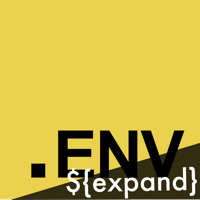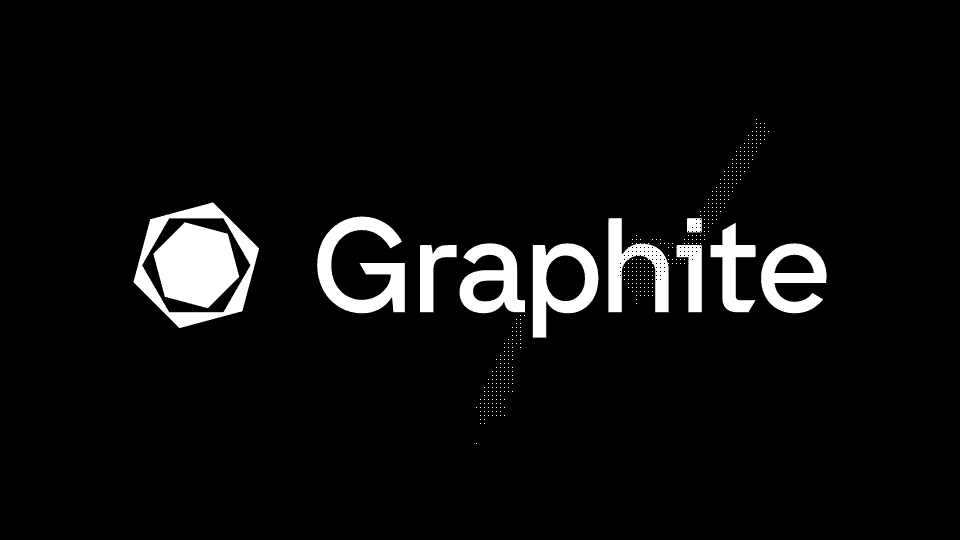https://github.com/motdotla/dotenv-expand
Variable expansion for dotenv. Expand variables already on your machine for use in your .env file.
https://github.com/motdotla/dotenv-expand
dotenv
Last synced: 9 months ago
JSON representation
Variable expansion for dotenv. Expand variables already on your machine for use in your .env file.
- Host: GitHub
- URL: https://github.com/motdotla/dotenv-expand
- Owner: motdotla
- License: bsd-2-clause
- Created: 2016-01-20T04:30:26.000Z (about 10 years ago)
- Default Branch: master
- Last Pushed: 2025-04-17T02:15:20.000Z (10 months ago)
- Last Synced: 2025-05-08T16:03:12.351Z (9 months ago)
- Topics: dotenv
- Language: JavaScript
- Homepage: https://dotenvx.com
- Size: 590 KB
- Stars: 995
- Watchers: 5
- Forks: 97
- Open Issues: 0
-
Metadata Files:
- Readme: README.md
- Changelog: CHANGELOG.md
- Contributing: CONTRIBUTING.md
- Funding: .github/FUNDING.yml
- License: LICENSE
Awesome Lists containing this project
- super-awesome-chat-app-react - dotenv-expand
- awesome-reactc3-bulma - dotenv-expand
- awesome-list - dotenv-expand
- styled-awesomeness - dotenv-expand
- our-awesome-app - dotenv-expand
- awesome-ux - dotenv-expand
- awesome-planner - dotenv-expand
- awesome-cra-v2 - dotenv-expand
- awesome-robofriends - dotenv-expand
- awesome-form - dotenv-expand
- awesome-playlists - dotenv-expand
- awesome-web - dotenv-expand
- style-awesome - dotenv-expand
- awesome - dotenv-expand
README
🎉 announcing dotenvx. expansion AND command substitution, multi-environment, encrypted envs, and more.
**Special thanks to [our sponsors](https://github.com/sponsors/motdotla)**
# dotenv-expand [](https://www.npmjs.com/package/dotenv-expand)

Dotenv-expand adds variable expansion on top of [dotenv](http://github.com/motdotla/dotenv). If you find yourself needing to expand environment variables already existing on your machine, then dotenv-expand is your tool.
[](https://github.com/feross/standard)
[](LICENSE)
[](https://codecov.io/gh/motdotla/dotenv-expand)
## Install
```bash
# Install locally (recommended)
npm install dotenv-expand --save
```
Or installing with yarn? `yarn add dotenv-expand`
## Usage
Create a `.env` file in the root of your project:
```dosini
PASSWORD="s1mpl3"
DB_PASS=$PASSWORD
```
As early as possible in your application, import and configure dotenv and then expand dotenv:
```javascript
const dotenv = require('dotenv')
const dotenvExpand = require('dotenv-expand')
dotenvExpand.expand(dotenv.config())
console.log(process.env) // remove this after you've confirmed it is expanding
```
That's it. `process.env` now has the expanded keys and values you defined in your `.env` file.
```
dotenvExpand.expand(dotenv.config())
...
connectdb(process.env.DB_PASS)
```
### Preload
> Note: Consider using [`dotenvx`](https://github.com/dotenvx/dotenvx) instead of preloading. I am now doing (and recommending) so.
>
> It serves the same purpose (you do not need to require and load dotenv), has built-in expansion support, adds better debugging, and works with ANY language, framework, or platform. – [motdotla](https://github.com/motdotla)
You can use the `--require` (`-r`) [command line option](https://nodejs.org/api/cli.html#cli_r_require_module) to preload dotenv & dotenv-expand. By doing this, you do not need to require and load dotenv or dotenv-expand in your application code. This is the preferred approach when using `import` instead of `require`.
```bash
$ node -r dotenv-expand/config your_script.js
```
The configuration options below are supported as command line arguments in the format `dotenv_config_=value`
```bash
$ node -r dotenv-expand/config your_script.js dotenv_config_path=/custom/path/to/your/env/vars
```
Additionally, you can use environment variables to set configuration options. Command line arguments will precede these.
```bash
$ DOTENV_CONFIG_=value node -r dotenv-expand/config your_script.js
```
```bash
$ DOTENV_CONFIG_ENCODING=latin1 node -r dotenv-expand/config your_script.js dotenv_config_path=/custom/path/to/.env
```
## Examples
See [tests/.env.test](https://github.com/motdotla/dotenv-expand/blob/master/tests/.env.test) for simple and complex examples of variable expansion in your `.env`
file.
## Documentation
`dotenv-expand` exposes one function:
* expand
### Expand
`expand` will expand your environment variables.
```js
const env = {
parsed: {
BASIC: 'basic',
BASIC_EXPAND: '${BASIC}',
BASIC_EXPAND_SIMPLE: '$BASIC'
}
}
console.log(dotenvExpand.expand(env))
```
#### Options
##### processEnv
Default: `process.env`
Specify an object to write your secrets to. Defaults to `process.env` environment variables.
```js
const myEnv = {}
const env = {
processEnv: myEnv,
parsed: {
HELLO: 'World'
}
}
dotenvExpand.expand(env)
console.log(myEnv.HELLO) // World
console.log(process.env.HELLO) // undefined
```
## FAQ
### What rules does the expansion engine follow?
See a full list of rules [here](https://dotenvx.com/docs/env-file#interpolation).
### How can I avoid expanding pre-existing envs (already in my `process.env`, for example `pas$word`)?
As of `v12.0.0` dotenv-expand no longer expands `process.env`.
If you need this ability, use [dotenvx](https://github.com/dotenvx/dotenvx) by shipping an encrypted .env file with your code - allowing safe expansion at runtime.
### How can I override an existing environment variable?
Use [dotenvx](https://github.com/dotenvx/dotenvx) as dotenv-expand does not support this.
dotenv-expand is a separate module (without knowledge of the loading of `process.env` and the `.env` file) and so cannot reliably know what to override.
## Contributing Guide
See [CONTRIBUTING.md](CONTRIBUTING.md)
## CHANGELOG
See [CHANGELOG.md](CHANGELOG.md)
## Who's using dotenv-expand?
[These npm modules depend on it.](https://www.npmjs.com/browse/depended/dotenv-expand)

